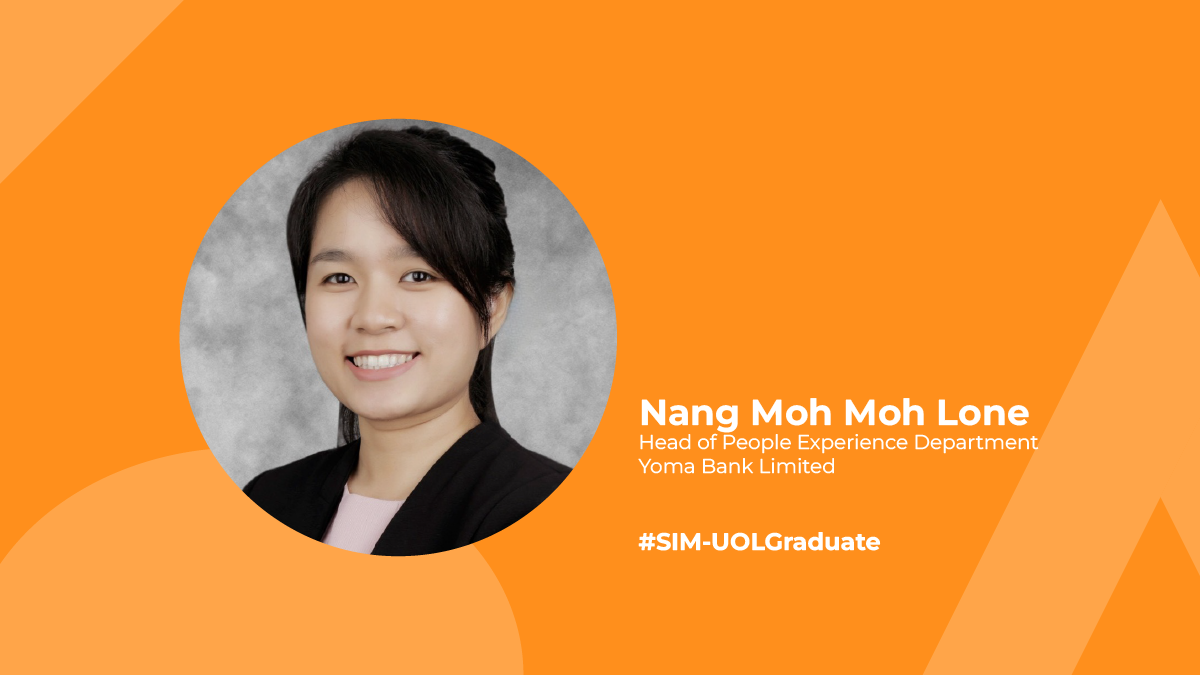Bridging Courses
All bridging courses are developed and awarded by the Singapore Institute of Management Pte Ltd, Singapore. There will be only one intake per year.
To be eligible for the Bridging programme, applicants must first meet the entry requirements and be accepted into a Bachelor's degree programme. This applies to both Bridging (EMA) and Bridging (EMFSS).
Students enrolled in bridging courses will commence degree programme in September.
Bridging Course for Economics, Mathematics and Accounting (EMA)
Course Fees: S$850.20 (Local) / S$1,035.50 (International) per module, inclusive of 9% GST, payable at the start of each intake
Course Dates:
- Economics and Mathematics: Jun – Jul 2026 (FT / PT)
- Mathematics and Accounting: Jul – Aug 2026 (FT only)
Class Duration: 3 hours per lesson for a minimum of 10 sessions
Attendance requirement:
- Local: 75%
- International (inclusive of Student Pass/Long-term Visit Pass holders): 90%
Applications open for EMA Bridging now till 2 Apr 2026 (Local and International applicants)
The two-month intensive bridging EMA course via either face-to-face or blended learning is targeted at business-related diploma holders intending to study for a UOL degree in an accelerated mode.
Depending on the applicant’s prior academic background and the University of London academic credit exemption system, they are allowed to study up to two modules. It will either be a combination of Mathematics with Economics or Mathematics with Accounting.
Bridging module(s) will be offered based on the degree applied.
The average teacher-student ratio is 1:55 for full-time Bridging EMA, and 1:47 for part-time Bridging EMA.
View more course details
View a list of lecturers
Download a sample timetable:
June Bridging (Full-time) | June Bridging (Part-time) | July Bridging (Full-time)
Bridging courses and their corresponding RPL:
|
Bridging modules
|
RPL from UOL courses in
|
|
Economics
|
EC1002 Introduction to economics (full module)
|
|
Mathematics
|
MT105A Mathematics 1 (half module)
|
|
Accounting
|
AC1025 Principles of accounting (full module)
|
Certification
A digital transcript via OpenCert will be awarded upon successful passing of the Bridging (EMA) programme. There will not be any refund or recourse should students fail to complete the course within the specified duration.
Notes:
- Min 25pax to start the course. The student shall be informed within one month before programme commencement.
- All bridging courses are 100% written exams that are set and marked by SIM lecturers.
- Students must pass with at least a C grade (40%) in all bridging examinations to qualify for RPL.
- Fees do not include textbooks.
Show more
Show less








